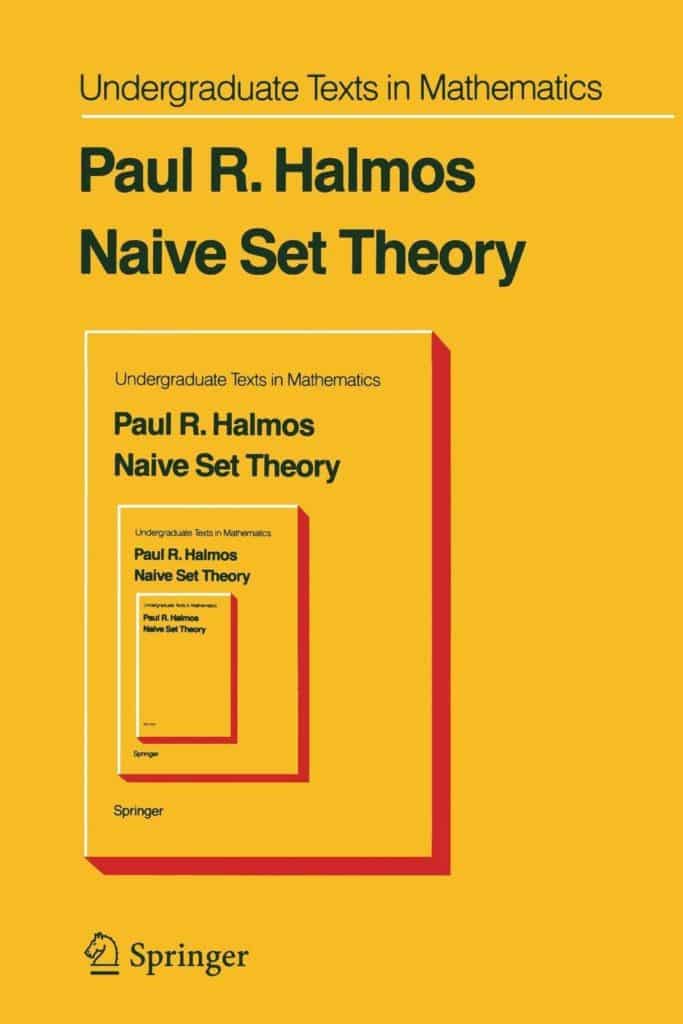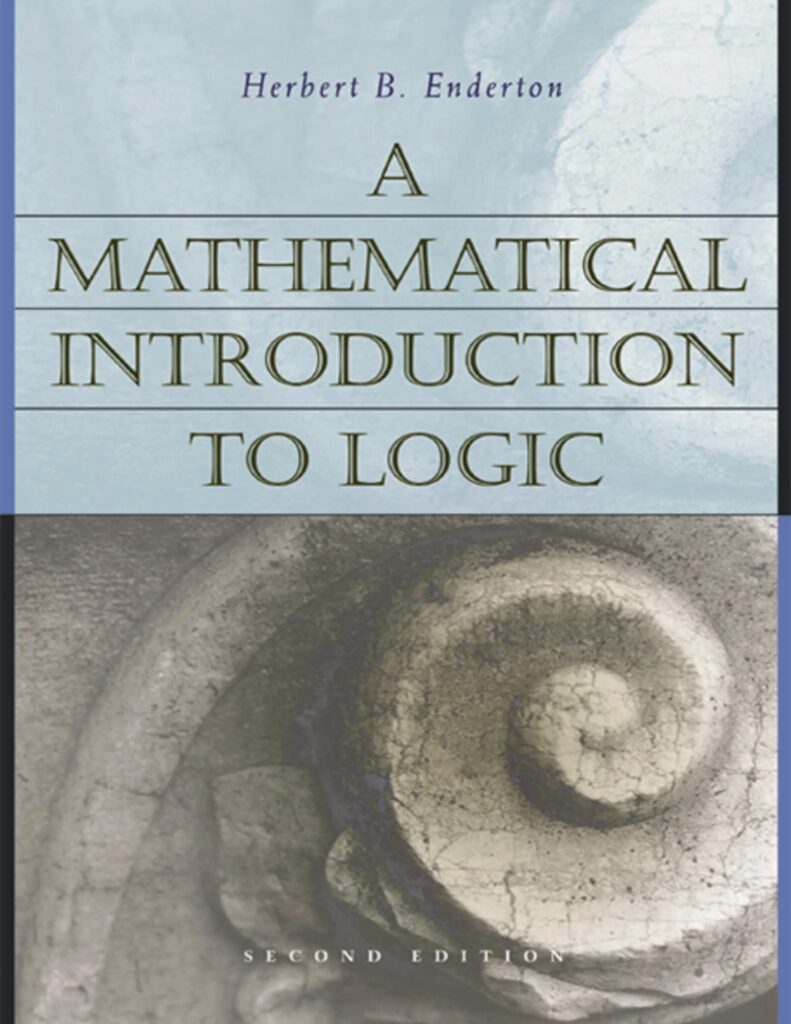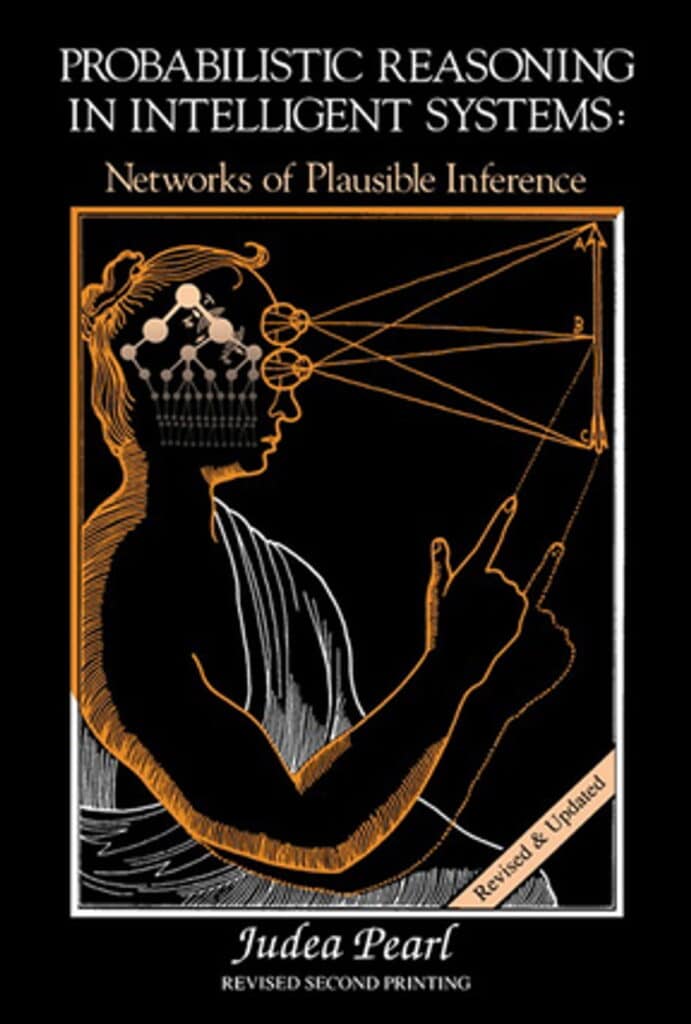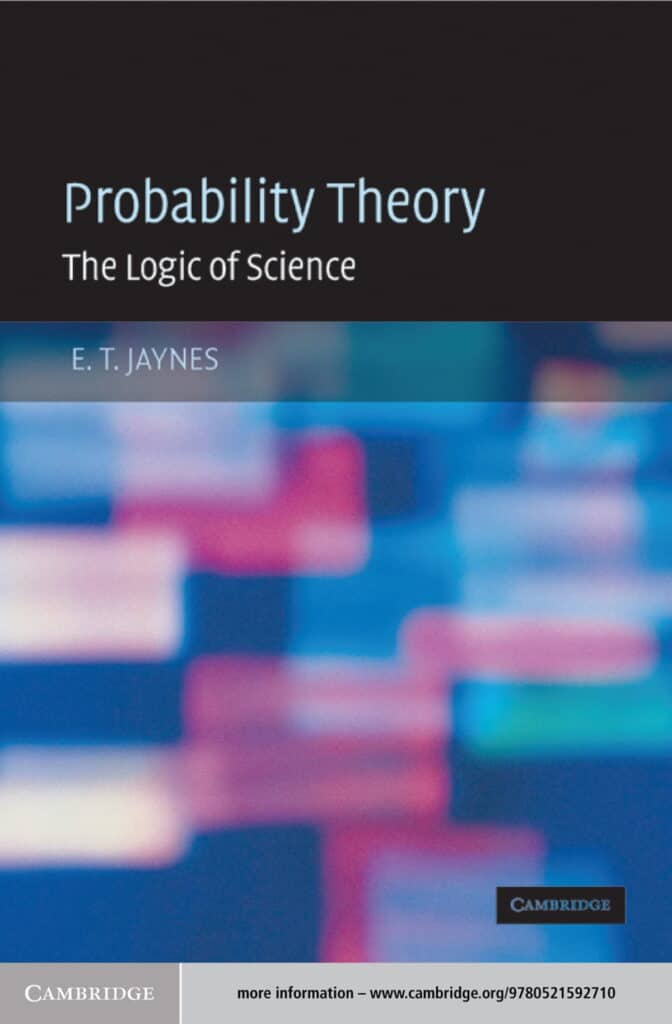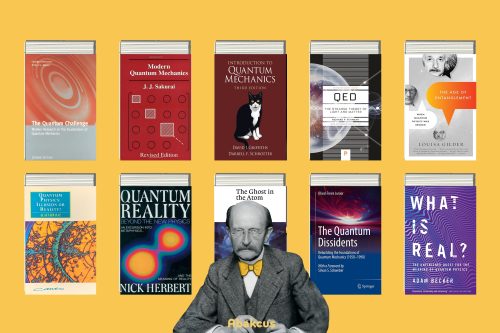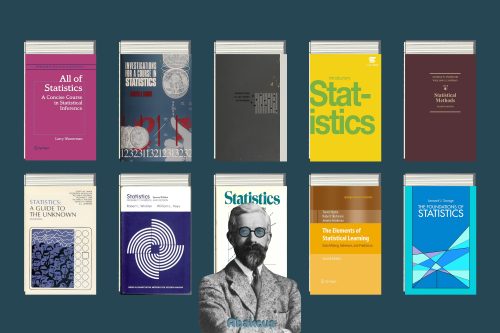Machine learning is a complex topic, and it can be daunting for beginners to know where to start. However, with the best machine learning books, anyone can learn the basics of machine learning and start using it to make predictions or recommendations. If you’re looking to start learning machine learning, reading machine learning books is the best way.
This list contains the twenty best machine-learning books for beginners and experts alike. This selection covers various topics and skill levels, from machine learning theory to practical applications. Whether you’re just starting or an experienced machine learning practitioner, these books will provide invaluable knowledge and guidance as you continue your machine learning journey.
What are the best machine learning books for beginners?
This blog post will share our top 20 best machine-learning books for beginners and experts. Whether you are just getting started or want to deepen your understanding of this exciting field, these books will help you achieve your goals. So dive in and choose the one that’s right for you!
If you enjoy this list and if you need to learn mathematics, you should check 30 Best Math Books to Learn Advanced Mathematics for Self-Learners. If you need another guide, you can also check out this guide from Ycombinator.
Naive Set Theory is a valuable resource for both beginners and professionals in the field of mathematics. It offers a unique perspective on set theory, catering to those who want to explore the foundations of their existing mathematical knowledge or refresh their understanding of key principles.
Contrary to what the title may suggest, this book is not a simplistic guide; it goes beyond the basics and delves into the realm of Zermelo-Fraenkel set theory. While it does introduce a few axioms, it is not an exhaustive axiomatic study. Originally published in 1960 and reprinted in 1974, it predates the groundbreaking resolution of the continuum hypothesis by Cohen in 1963.
Naive Set Theory does not aim to provide a comprehensive overview of the subject. Instead, it offers a collection of topics that range from simple concepts, such as functions and pairs, to more complex ideas like general set indexing, transfinite induction, and recursion. It also includes in-depth discussions on numbers, covering the Peano postulates and Cantor’s exploration of finite and transfinite ordinals and cardinals. While the book features sporadic exercises, there is no systematic approach to problem-solving. It is worth noting that a companion exercise book published by Van Nostrand in 1966 is currently out of print.
In conclusion, Naive Set Theory serves as an insightful reference for understanding the practical applications of set theory in various areas of mathematics. However, it is not a comprehensive textbook solely focused on set theory itself.
A Mathematical Introduction to Logic, Second Edition, offers increased flexibility with topic coverage, allowing for choice in how to utilize the textbook in a course. The author has made this edition more accessible to meet better the needs of today’s undergraduate mathematics and philosophy students.
It is intended for the reader who has not studied logic previously but has some mathematical reasoning experience. Material is presented on computer science issues such as computational complexity and database queries, with additional coverage of introductory material such as assets.
Game Theory: An Introduction introduces readers to the principal ideas and applications of game theory in a style that combines rigor with accessibility. Steven Tadelis begins with a concise description of rational decision-making and discusses strategic and extensive form games with complete information, Bayesian games, and forms with imperfect information.
He covers various topics, including multistage and repeated games, bargaining theory, auctions, rent-seeking games, mechanism design, signaling games, reputation building, and information transmission games. Unlike other books on game theory, this one begins with the idea of rationality and explores its implications for multiperson decision problems through concepts like dominated strategies and rationalizability. Only then does it present the subject of Nash equilibrium and its derivatives.
Game Theory is the ideal textbook for advanced undergraduate and beginning graduate students. Concepts and methods are explained using real-world examples backed by precise analytic material. The book features many important applications to economics and political science, as well as numerous exercises that focus on formalizing informal situations and then analyzing them.
Probabilistic Reasoning in Intelligent Systems is a complete and accessible account of the theoretical foundations and computational methods that underlie plausible reasoning under uncertainty. The author provides a coherent explication of probability as a language for reasoning with partial belief and offers a unifying perspective on other AI approaches to uncertainty, such as the Dempster-Shafer formalism, truth maintenance systems, and nonmonotonic logic.
Probabilistic Reasoning in Intelligent Systems will be of special interest to scholars and researchers in AI, decision theory, statistics, logic, philosophy, cognitive psychology, and the management sciences. Professionals in knowledge-based systems, operations research, engineering, and statistics will find theoretical and computational tools of immediate practical use. The book can also be an excellent text for graduate-level AI, operations research, or applied probability courses.
Going beyond the conventional probability theory mathematics, Probability Theory views the subject in a wider context. It discusses new results, along with applications of probability theory to a variety of problems.
The book contains many exercises and is suitable for use as a textbook on graduate-level courses involving data analysis. Aimed at readers already familiar with applied mathematics at an advanced undergraduate level or higher, it is of interest to scientists concerned with inference from incomplete information.


